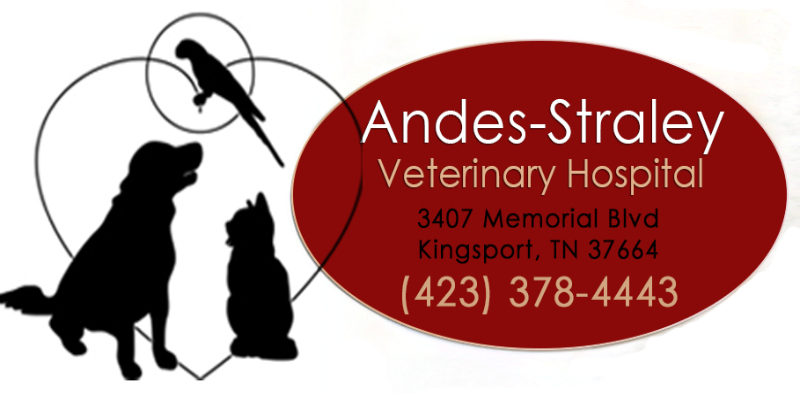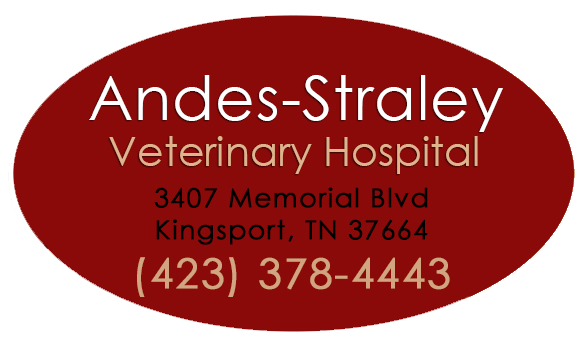What to Do When You Encounter Injured Wildlife
The internet is full of people who found an injured animal, and decided to keep it as a pet. Sometimes they tried to release the animal, but it chose to stick around, and sometimes people grow too fond of it and never try to rehabilitate. Either way, it’s not recommended that you try to care for injured wildlife if you don’t have the proper experience or training. Here’s what you should do instead.
HOW DO I KNOW THE ANIMAL IS REALLY INJURED?
Just because you found a baby animal in the grass doesn’t mean that it’s been injured or abandoned by its mother. In fact, it could just be hiding from predators, or perhaps even you. So how do you know if it’s truly injured and in need of help?
According to the Humane Society:
- There’s evidence of bleeding
- The animal is shivering
- Your pet brought the animal to you
- There’s an obvious broken limb
- A bird you found on the ground is featherless
- You find the dead parent nearby
- After observing the animal all day, no parents come to find it, and it’s wandering and crying
WHY YOU SHOULDN’T TRY TO CATCH THE ANIMAL
Once you’re fairly certain that the animal is truly injured, your first instinct may be to catch it so that you can begin caring for it. If it’s a small animal, like a baby rabbit or mouse, that might be OK. On the other hand, if it’s a grown adult, or a predatory animal like a hawk, you shouldn’t try to catch them.
It’s important to remember that these are wild animals. They aren’t used to being around humans, and they’re probably frightened and scared. Many animals will lash out, and you may get scratched or bit.
Aware Wildlife reports that the chances of getting a disease like rabies is a very real threat. It’s also possible for you to injure the animal even more. So what should you do instead?
FIND A WILDLIFE REHABILITATOR
The best thing you can do is call a wildlife rehabilitator. Our veterinarians are trained on how to care for these animals and can figure out the best plan of action for the animal. Give us a call at (423) 378-4443.



